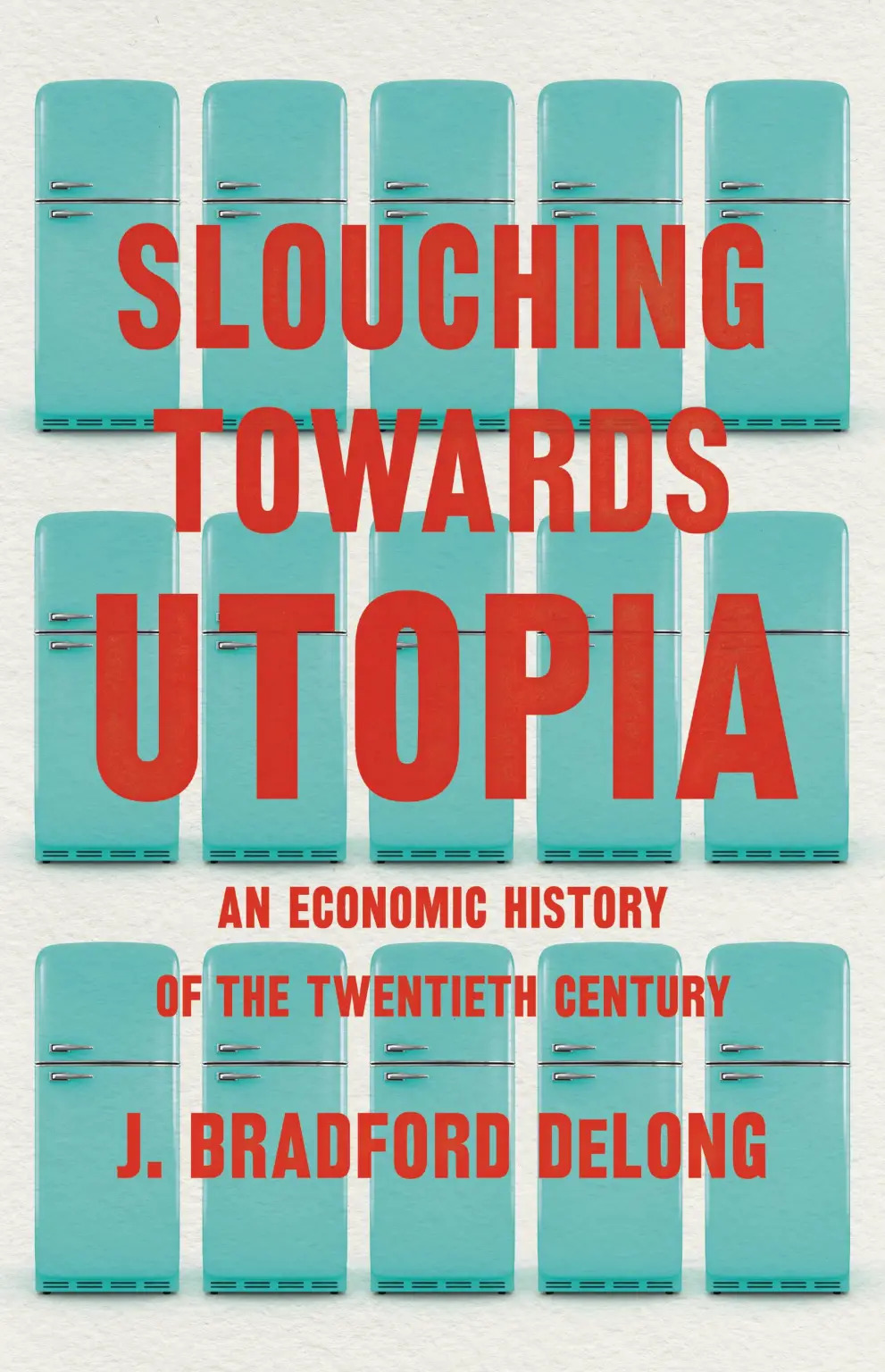In 1930, John Maynard Keynes predicted that a hundred years hence—which is to say, right about now—“the economic problem may be solved, or be at least within sight of solution.” People would work perhaps three hours a day. “For the first time since his creation,” Keynes wrote, “man will be faced with his real, his permanent problem—how to use his freedom from pressing economic cares, how to occupy the leisure, which science and compound interest will have won for him, to live wisely and agreeably and well.”
If only! It’s 2022, and most of us are still on the clock. Oddly, though, much of Keynes’s reasoning was correct. He estimated that, over the next century, annual economic growth would average, globally, 2 percent. That must have seemed insanely optimistic at the start of the Great Depression. But it was too low. The Yale economist Fabrizio Zilibotti has calculated that since 1930, annual growth has averaged, over the long term, closer to 3 percent. Keynes predicted the standard of living within the more advanced economies would increase by a factor of eight. In fact, according to Zilibotti, it increased by a factor of 17. Keynes was even right, up to a point, that the number of hours worked would fall, and that people would find other things to do. Observing this phenomenon in vthe 1960s, the journalist Tom Wolfe made his name chronicling a proliferation of leisure activities—surfing, stock-car racing, dropping acid—well beyond the imagining of Keynes and his Bloomsbury set. Wolfe called it a “Happiness Explosion.”
What Keynes did not consider was how unevenly this Happiness Explosion would be distributed across nations and within them. Even in the United States, the richest nation on Earth, you can still find people who lack those two ancient basics, food and shelter. Keynes was right that the economic problem ought by now to be solved, or within sight of being solved. But it is not, and probably won’t be even a century from today.
Keynes’s optimism was driven by the advent of what J. Bradford DeLong, in his new economic history, Slouching Towards Utopia, calls “the long twentieth century,” whose start DeLong sets at 1870. This was the period, DeLong writes, during which the maturing Industrial Revolution, combined with various social changes such as the advent of the modern corporation and the industrial research laboratory, “unlocked the gate that had previously kept humanity in dire poverty.” Those who lived through this period saw an unprecedented explosion of productivity and prosperity. They well understood this at the time. Keynes called it an “economic El Dorado.”

